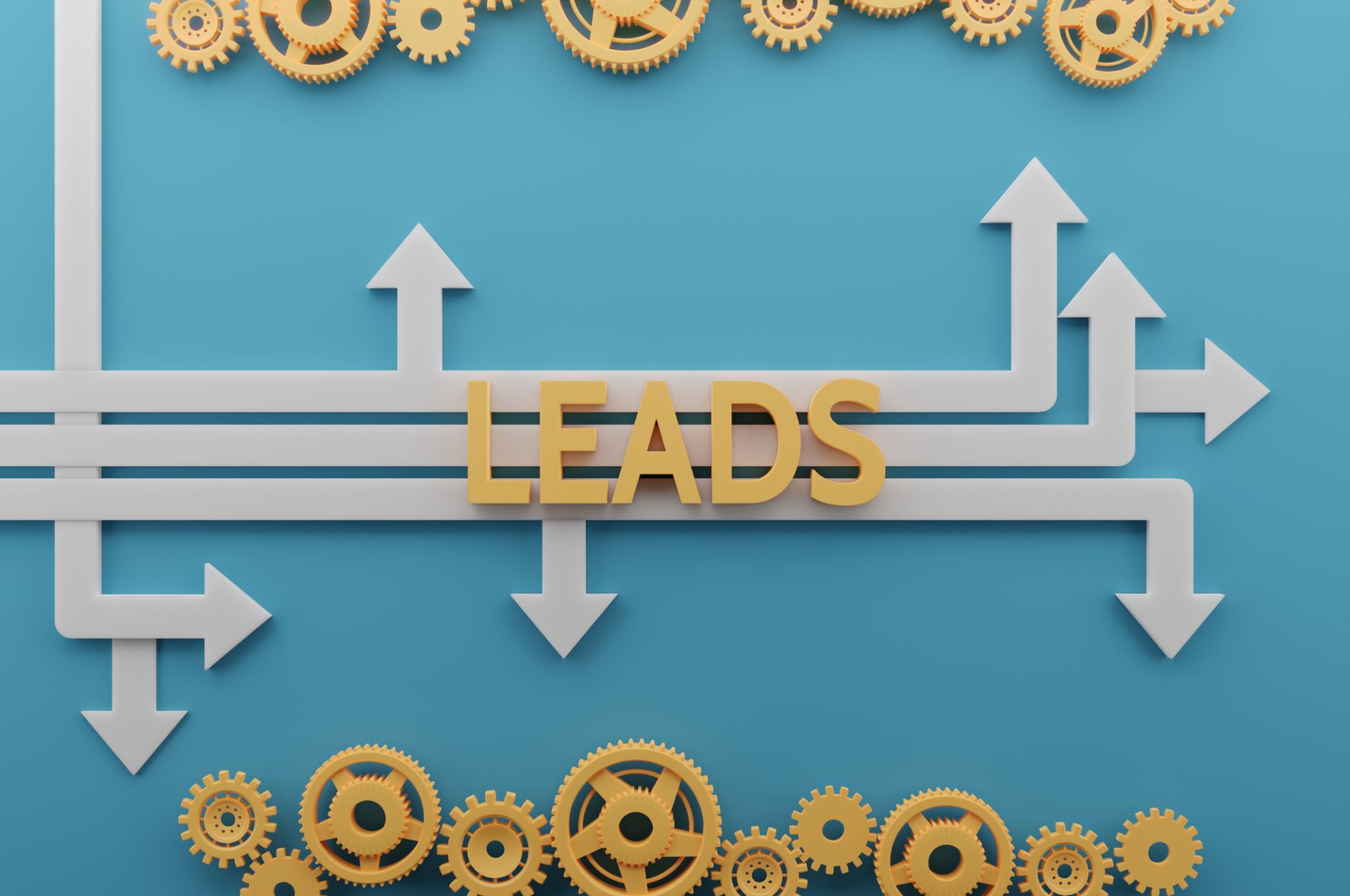Email Marketing Strategies for Driving Business Growth
Understanding the Importance of Email Marketing
Email marketing remains one of the most effective strategies for driving business growth. Despite the rise of social media and other digital marketing channels, email continues to deliver a higher return on investment (ROI) than most other platforms. This is primarily due to its ability to reach a highly targeted audience and its capacity for personalized messaging.
Businesses can leverage email marketing to build relationships with their customers, promote new products, and drive traffic to their websites. By regularly engaging with their audience through email, companies can maintain brand awareness and foster customer loyalty.

Building a Strong Email List
The foundation of a successful email marketing strategy is a strong, well-segmented email list. To build this list, businesses must employ several tactics:
- Utilize sign-up forms on websites and social media platforms.
- Offer valuable content in exchange for email addresses, such as e-books or exclusive discounts.
- Ensure compliance with data protection regulations to maintain trust and credibility.
By focusing on quality over quantity, businesses can create a list of engaged subscribers who are more likely to convert into customers.
Segmenting Your Audience
Segmentation is crucial for effective email marketing. By dividing your audience into different groups based on demographics, behavior, or interests, you can tailor your messages to meet the specific needs of each segment. This personalization increases the relevance of your emails, resulting in higher open and click-through rates.

Crafting Compelling Email Content
The content of your emails plays a significant role in their success. To create compelling emails, consider the following strategies:
- Write engaging subject lines: The subject line is the first thing recipients see, so it should be attention-grabbing and give them a reason to open the email.
- Personalize your messages: Use the recipient's name and tailor the content to their preferences or past interactions with your brand.
- Include clear calls-to-action (CTAs): Guide your readers towards the desired action, whether it's making a purchase, signing up for an event, or visiting your website.
Utilizing Automation for Efficiency
Email automation allows businesses to send targeted messages at the right time without manual intervention. Automated campaigns can include welcome emails for new subscribers, birthday offers, or cart abandonment reminders. By using automation tools, you can ensure that your communication is timely and relevant, enhancing the customer experience.

Analyzing and Optimizing Performance
To ensure continuous improvement in your email marketing strategy, regularly analyze key performance metrics such as open rates, click-through rates, and conversion rates. Use this data to identify what works well and what needs adjustment. A/B testing different elements of your emails can provide insights into how changes impact performance.
By focusing on data-driven optimization, businesses can refine their strategies to achieve better results over time. This ongoing process is essential for maintaining competitive advantage in the ever-evolving digital landscape.
Staying Compliant and Respectful
Finally, it's crucial to adhere to email marketing regulations such as the CAN-SPAM Act in the US or GDPR in the EU. Always provide an easy way for recipients to unsubscribe from your emails and respect their privacy. By doing so, you not only comply with legal requirements but also build trust with your audience.
Email marketing remains a powerful tool for driving business growth when executed thoughtfully and strategically. By focusing on building a quality list, crafting personalized content, utilizing automation, and analyzing performance metrics, businesses can harness the full potential of email marketing to achieve their growth objectives.